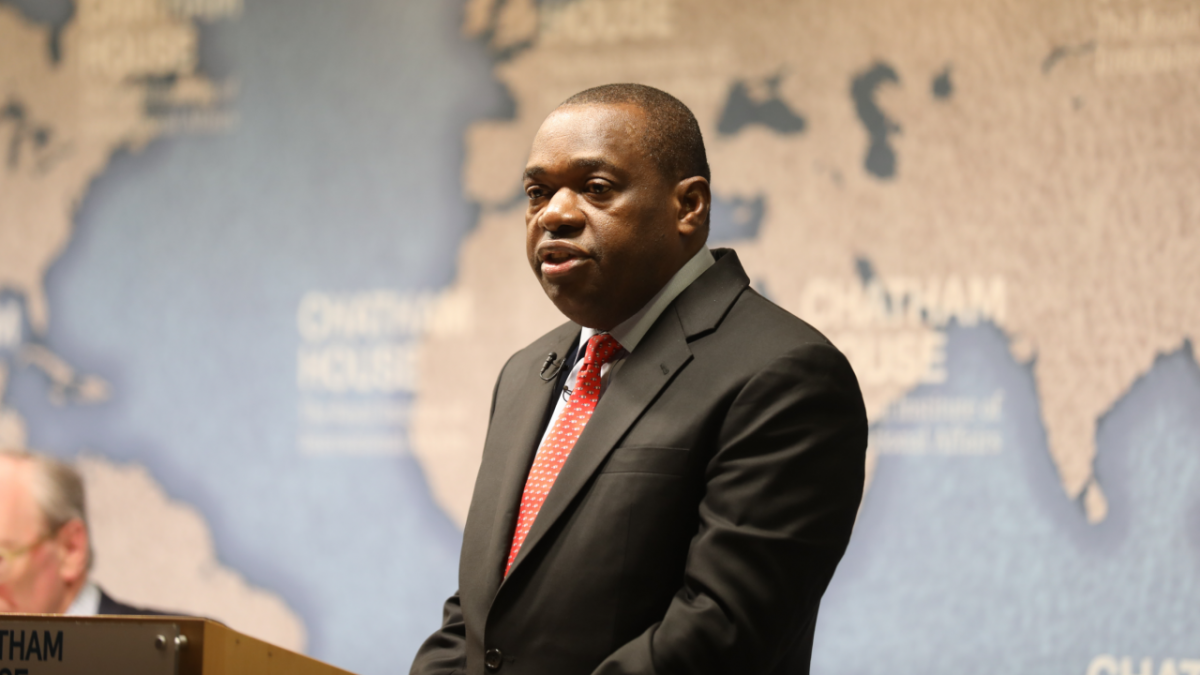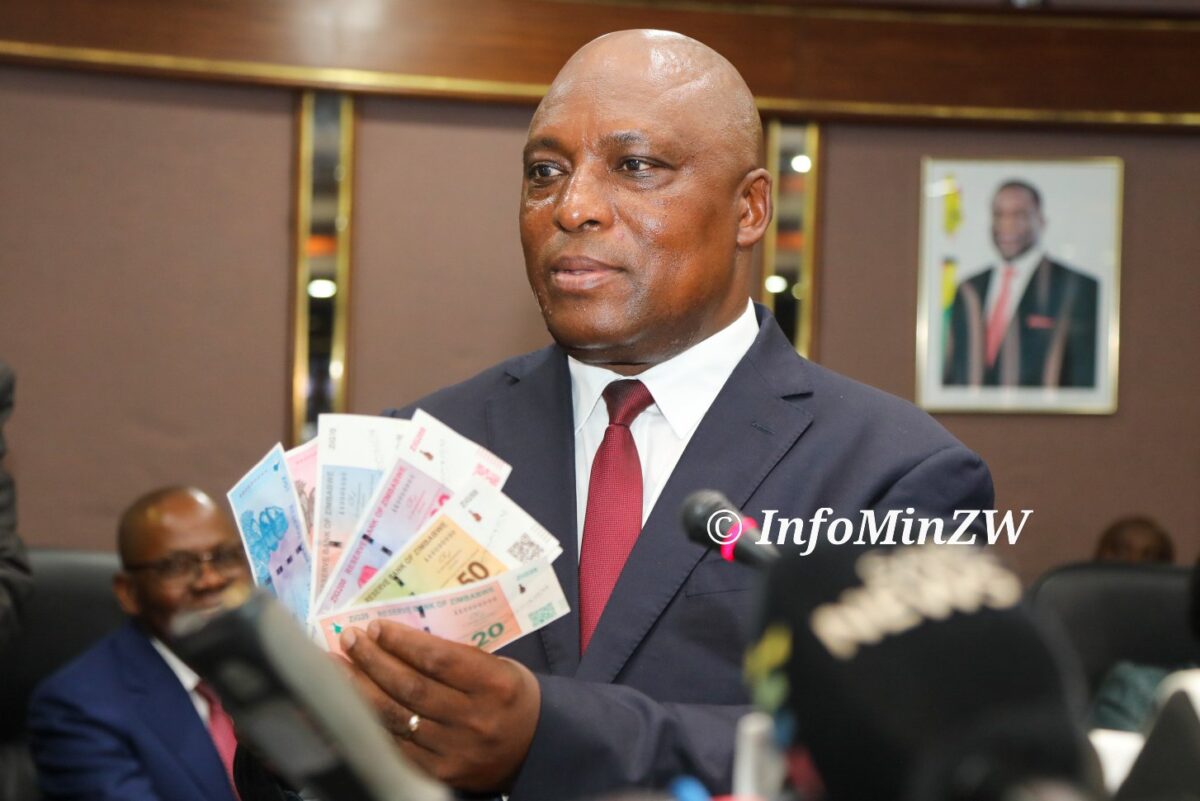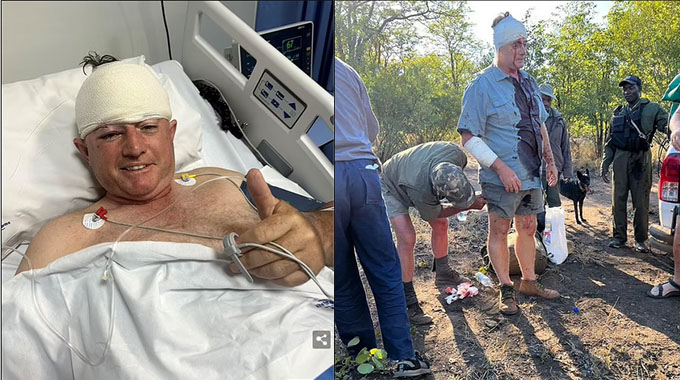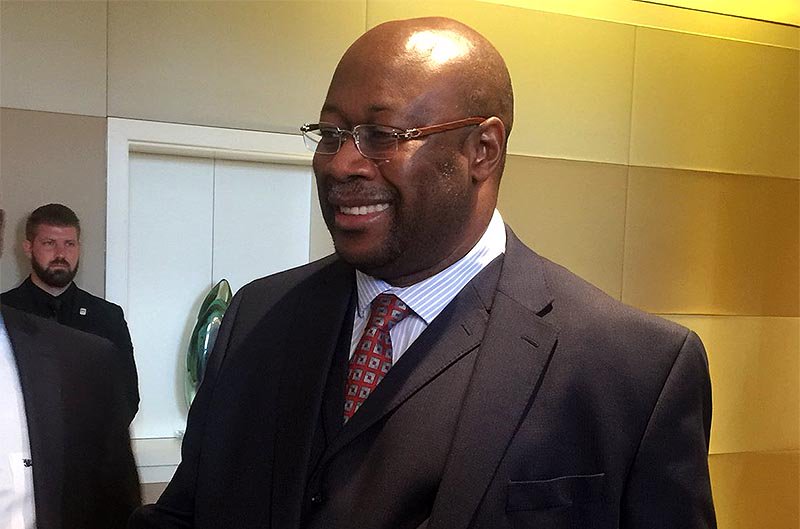HARARE – Zimbabwe Anti-Corruption Commission (ZACC) boss Loice Matanda-Moyo said “no-one is above the law” after her husband Sibusiso Moyo was sucked into the National Social Security Authority (NSSA) corruption vortex.
South Africa’s Sunday Times newspaper reported on Sunday that the anti-graft tsar’s husband, who is also Zimbabwe’s foreign minister, was the director of a company involved in an irregular transaction with the corruption-hit pensions body.
Matanda-Moyo, a former High Court judge, has repeatedly parried conflict-of-interest questions, and now faces the challenge of investigating her husband.
“I have noted the concern of the general public regarding a matter in the NSSA report that cites Fernhaven and Africom. Let me reiterate that we are seized with all matters in the specific report and like I have said before, no-one is above the law,” Matanda-Moyo tweeted on Monday.
While maintaining that she was “not personally in charge of this particular investigation”, she maintained that “ZACC findings on the matter will be published in due course and decisive action shall be taken.”
“We shall leave no stone unturned,” she vowed.
The alleged corruption begins with the story of Kwanayi Kashangura, who founded the communications company, Africom.
Kashangura needed to raise more capital. He approached some of the investment heavyweights in Zimbabwe which of course include the National Social Security Authority (NSSA), the state pensions body.
NSSA ended up with 4.5 percent shareholding in Africom. An entity called Fernhaven Investments got a controlling 51 percent shareholding.
Fernhaven turned out to be a company owned by the Zimbabwe military, with Moyo among its directors.
After boardroom squabbles between 2011 and 2012, Kashangura was ousted from the company, accused of forming shelf companies to supply Africom.
In 2013, Africom needed some extra millions. They went to Zimbabwe’s all-weather banking friend, Afreximbank who gave them US$15.8 million at an interest of 6.5 percent per annum. To safeguard themselves, Afreximbank asked for guarantors and Africom turned to their shareholders.
On November 7, 2013, the board of NSSA agreed to guarantee the loan proportionately to their shareholding in Africom. It made sense. NSSA owned just 4.5 percent equity, why would they be fully exposed to the debt?
The board’s decision was somehow put aside because NSSA ended up being the sole guarantor to the Afreximbank debt. The authority to guarantee the debt was given by the then Minister of Social Services, Nicholas Goche, on December 4, 2013. The Office of the President and Cabinet is reported to have been part of the squeeze on NSSA.
NSSA got a pledge from Fernhaven Investments, however. Fernhaven pledged Longcheng Plaza, a shopping mall in Harare, in the event that Africom defaulted on the loan.
Two years after the Areximbank loan was acquired, on September 21, 2015, NSSA received a letter from Afreximbank lawyers demanding payment of the US$15.8 million and interest.
NSSA, based on the pledge by Africom’s majority shareholder Fernhaven, should have foreclosed on Longcheng Plaza so as to pay Afreximbank. The army backtracked and would not let NSSA do this – apparently because Fernhaven had made decisions without consulting its Chinese partners.
In January 2018, NSSA offloaded the debt to a special vehicle company, ZAMCO, set up by the Reserve Bank of Zimbabwe to take over the government’s bad debts. Effectively, the debt of a private company was passed on to the Zimbabwean taxpayer.
Tourism Minister Prisca Mupfumira became the first high profile arrest by the reconstituted ZACC after she was alleged to have commanded NSSA to push through risky investments of up to US$95 million between 2014 and 2017 when she was the minister overseeing NSSA.
(Additional reporting TechZim)















